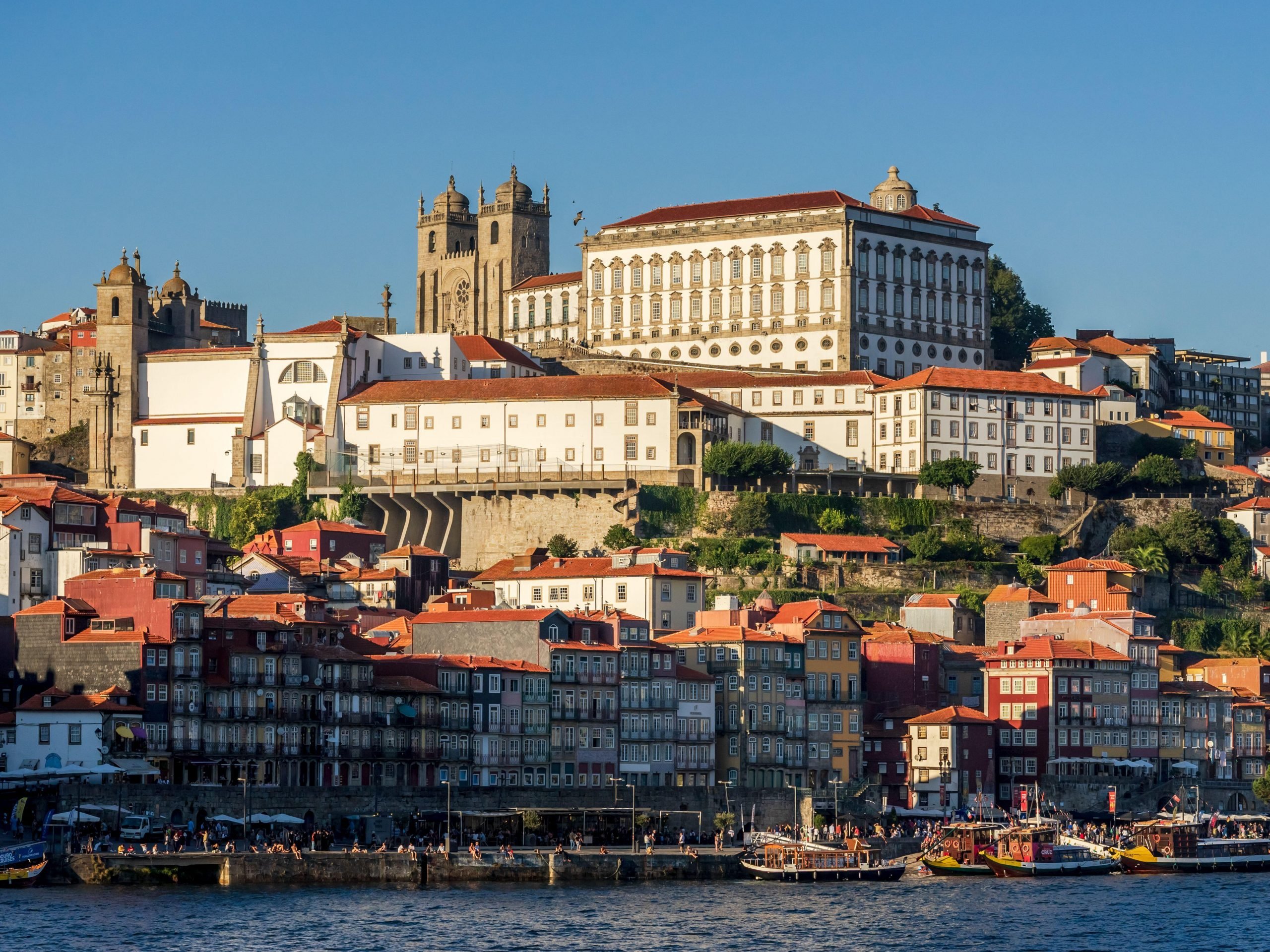
Call it a criminal’s dream scenario.
A high-profile former bank director in Portugal who was convicted of fraud in connection with a $20 million art deal that happened more than 20 years ago has gotten off scot-free.
The reason? Amid legal wrangling and red tape about which court had authority to prosecute him, the time limit to send him to jail simply ran out.
The banker in question is José Viamonte de Sousa, former director general of the private banking department at Banco Português de Negócios (BPN, or the Portuguese Bank of Business). Around 2001, according to reports, the bank acquired 41 paintings by Joan Miró for €17 million (now $19 million). However, the sellers of the painting only received €5.1 million ($5.6 million) of that amount. The remaining €12 million ($13.2 million) was reportedly distributed as “commissions” and shared by several people.
According to one report, Viamonte de Sousa relied on various companies and several Spanish intermediaries, one of whom was an art dealer, to funnel the money. The funds first went through a company called Negotrade, which came to mediate the negotiations between the owners of the collection and BPN. To make the payment, an offshore company was used, Zevin-Holdings, owned by Marazion Holdings, which was in turn owned by BPN.
Another report stated that more than €2 million ($2.2 million) was transferred to an account at Millennium BCP Bank and Trust, based in the Cayman Islands and owned by Index Sl, “whose final beneficiaries it was not possible to determine.” Ultimately, Viamonte de Sousa was said to have kept a total of €1.25 million ($1.3 million) for himself.
None of the individuals mentioned in the news reports could be reached for comment. Emails sent to Portugal’s justice ministry did not elicit a response.
In 2021, Viamonte de Sousa was sentenced to seven years and 10 months in jail by Judge Pedro Brito, in the São João de Novo court of Porto, for fraud and money laundering.
The banker remained free while appealing the decision. At the end of that year, the vice-president of the Porto Appeals Court, Maria Dolores de Sousa, reduced his jail term to six-and-a-half years.
However, she “ignored the indication of the dates of prescription contained in the process—suspended until 3 June 2022—and admitted an appeal to the Supreme Court of Justice,” according to one report.
Several months later, due to red tape, the case reportedly bounced back and forth between the appeals court and the original court that issued the guilty verdict. Ultimately, the “totality of the case only arrived at the court of first instance on March 16” this year—“at which point it was declared ‘extinct’, and the case was archived,” according to Portuguese newspaper Correio da Manhã.
At that time, Judge Brito ruled that the maximum limit for prosecuting a crime of qualified fraud had already been reached.
The Portuguese outlet added: “José Viamonte de Sousa hasn’t had to return a ‘cêntimo’ of the money he diverted (his way) almost 20 years ago, and he most certainly won’t be going to jail.”
BPN was nationalized in 2008 after a criminal investigation into fraud and money laundering.
More Trending Stories: